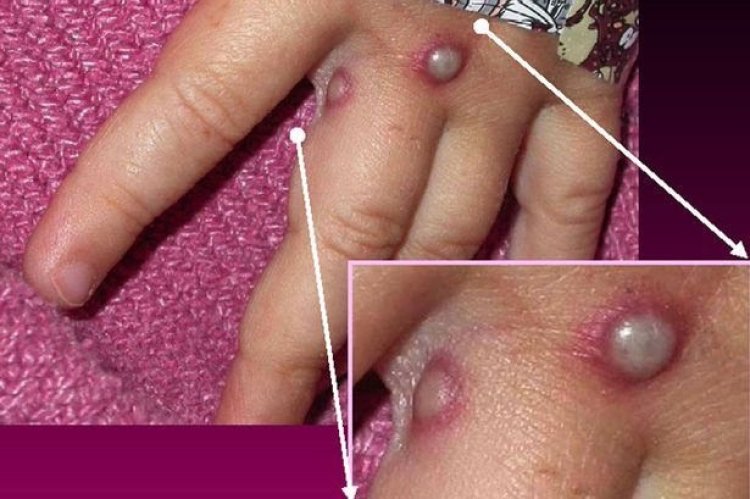Foreign News on Health Alert: Monkeypox case confirmed in UK as patient treated in isolation unit.
As a precautionary measure, United Kingdom Health Security Agency (UKHSA) experts are working closely with NHS colleagues and will be contacting people who might have been in close contact with the individual.

As a precautionary measure, United Kingdom Health Security Agency (UKHSA) experts are working closely with NHS colleagues and will be contacting people who might have been in close contact with the individual.
A patient in England has been diagnosed with monkeypox. The UK Health Security Agency said it is believed the patient caught the infection in Nigeria before travelling to the UK.
The UKHSA said the rare viral infection does not spread easily between people. And while some people can become seriously ill with it, monkeypox is usually a mild self-limiting illness and most people recover within a few weeks reports Wales Online.
As a precautionary measure, UKHSA experts are working closely with NHS colleagues and will be contacting people who might have been in close contact with the individual to provide information and health advice. This includes contacting a number of passengers who travelled in close proximity to the patient on the same flight to the UK.
The patient is being treated at a specialist isolation unit at the Guy’s and St Thomas’ NHS Foundation Trust, London. The infection can be spread when someone is in close contact with an infected person; however, there is a very low risk of transmission to the general population.
Dr. Colin Brown, Director of Clinical and Emerging Infections, UKHSA, said: "It is important to emphasise that monkeypox does not spread easily between people and the overall risk to the general public is very low.
Initial symptoms of monkeypox include fever, headache, muscle aches, backache, swollen lymph nodes, chills and exhaustion.
A rash can develop, often beginning on the face, then spreading to other parts of the body including the genitals.
The rash changes and goes through different stages – it can look like chickenpox or syphilis, before finally forming a scab which later falls off.

 Ahenkorah Odura Mary
Ahenkorah Odura Mary 



































